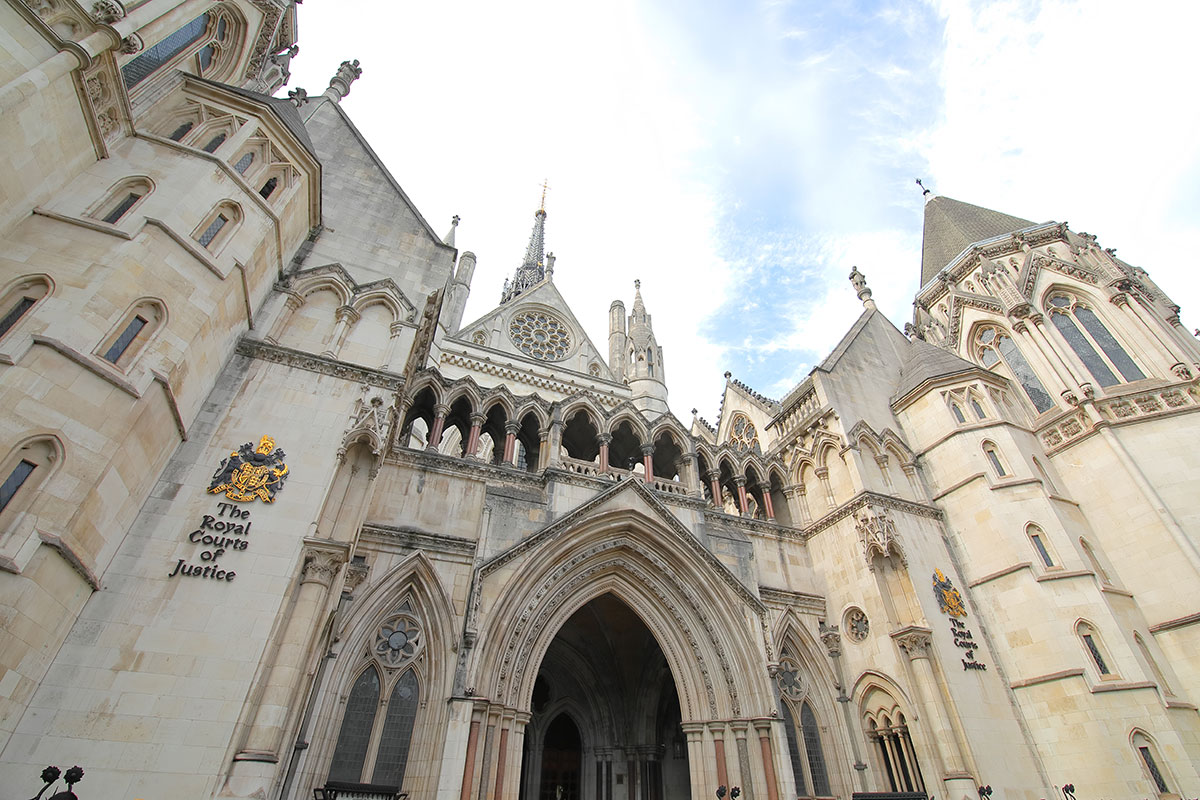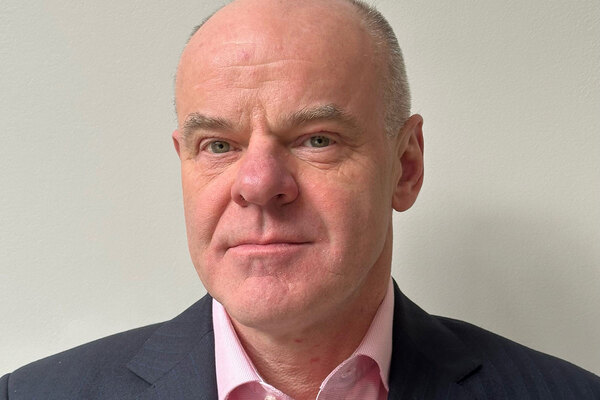You are viewing 1 of your 1 free articles
Housing association that took regulator to court ordered to pay hundreds of thousands of pounds in legal costs
A housing association that unsuccessfully took the Regulator of Social Housing (RSH) to court earlier this year was made to pay the body hundreds of thousands of pounds in legal costs, Inside Housing can reveal.
In January, Inclusion Housing mounted an unprecedented High Court challenge against the regulator in a bid to quash its February 2019 decision that declared the supported housing provider non-compliant with governance and viability standards.
But the judge upheld the regulatory judgement, deciding that the RSH was “entitled to conclude that a provider whose business model is judged to involve too much risk has failed to ensure an effective risk management framework”.
The RSH has now told Inside Housing that Inclusion was ordered to reimburse its legal costs following the ruling, and that the housing association has paid £337,000.
It comes as Inclusion reported in its accounts that “exceptional” legal costs had hit its margins in 2019/20.
The association recorded an operating surplus of £1.76m for the year – down from £1.86m in 2018/19 – according to accounts for the provider, which Inside Housing obtained from the RSH. That is despite its turnover growing by a third from £28.4m in 2018/19 to £37.6m.
Its accounts do not directly refer to the High Court case, but state that the operating margin for 2019/20 “is low due to the exceptional legal costs incurred during the year”.
Without specifying a sum for the legal costs, the report admits to them “dampening the overall surplus generated”. Inside Housing has asked Inclusion if part of the increased legal costs were from the High Court case but has not yet had a response.
Costs borne by Inclusion would likely include its own bills plus the £337,000 paid to the RSH.
Inclusion is one of around 35 housing associations in England operating a business model that sees it lease supported accommodation from investment funds in exchange for monthly index-linked payments.
Eleven such providers have been told they are non-compliant with regulatory standards since early 2018.
The association’s overall operating margin for 2019/20 was 4.7%, down from 6.5% the previous year, with operating expenditure of £35.9m, up 35% from £26.5m in 2018/19.
Its “management” costs rose £7.1m to £27.8m – including lease rents of £23.5m, compared with £17.6m the year before. Inside Housing has asked Inclusion exactly how much it spent on legal costs during the year but was not provided with a figure.
Inclusion owns 29 units and leases 2,451, as well as managing a further 274 for other organisations – including Bromford Housing Association.
Its stock grew by 396 units in 2019/20, having surged from 917 units since 2015/16.
The association is committed to non-cancellable leases tied to future payments of at least £493.2m.
Minimising void losses has been identified as “key to the financial success” of Inclusion, its accounts noted, with losses falling from 7.9% to 5.6% in 2019/20.
It has started self-insuring for potential void losses by including “an allowance for void expenses in the event of a unit in management becoming empty for a period at some point in the future” in its rent charges, paid by housing benefit.
Achieving the top ‘G1’ regulatory grading for governance is one of Inclusion’s key targets.
The accounts also predict a “likely dampening of the surplus generation in 2020/21” as a result of the coronavirus-induced lockdown slowing the growth of the business.
A spokesperson for Inclusion said: “Inclusion consistently generates year-on-year surpluses and is on target to increase our gross surplus by approximately 40% in 2020/21, while many other registered providers are reporting substantial reductions in forecast surpluses for this year.
“Our satisfaction levels are high for our award-winning, independently accredited services, while our management costs are well below the sector average.
“Inclusion continues to demonstrate year-on-year viability and strengthening across all our financial indicators without having to call upon government subsidy, job support or company bail-out. We continue to demonstrate resilience during the most challenging national economic situation.”
Lease-based providers the regulator has found non-compliant
Regulatory gradings (for providers with more than 1,000 homes):
Prospect Housing (G3/V3 in May 2020)
New Roots (G3/V3 in February 2020)
Westmoreland (G4/V3 in September 2019)
Inclusion (G3/V3 in February 2019)
Sustain (UK) (G3/V2 in January 2019)
Trinity (G3/V3 in November 2018)
Regulatory notices (for providers with fewer than 1,000 homes):
Larch (November 2019)
Expectations (UK) (September 2019)
Bespoke Supportive Tenancies (May 2019)
Encircle (April 2019)
First Priority (February 2018)
Sign up for our daily newsletter
Already have an account? Click here to manage your newsletters












